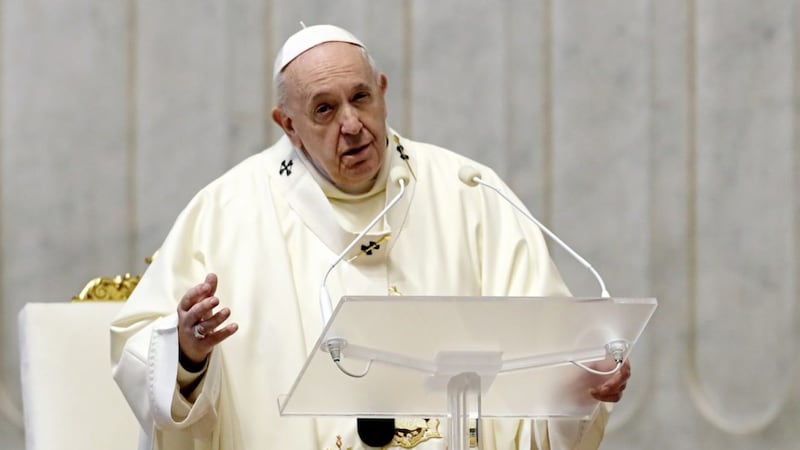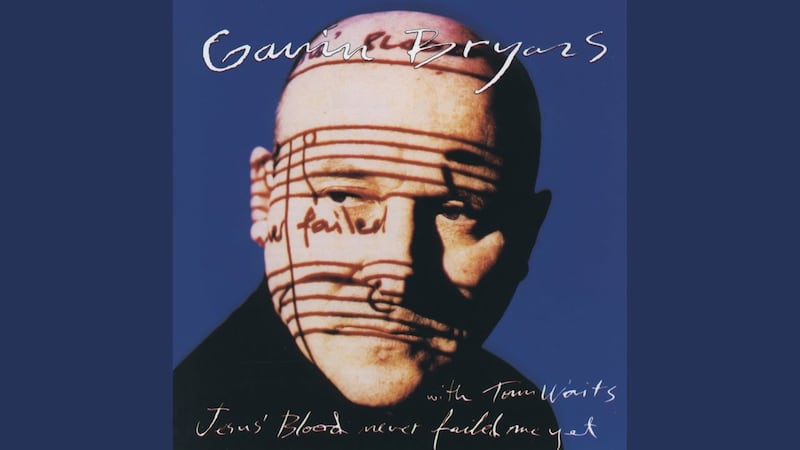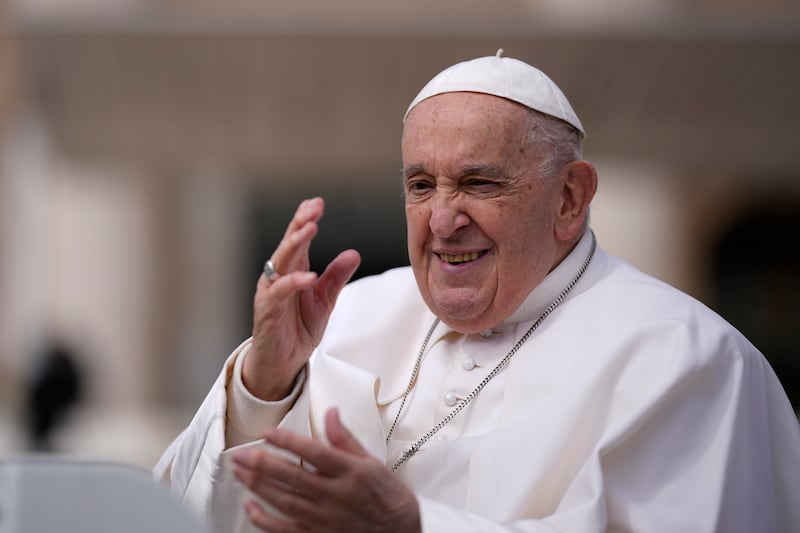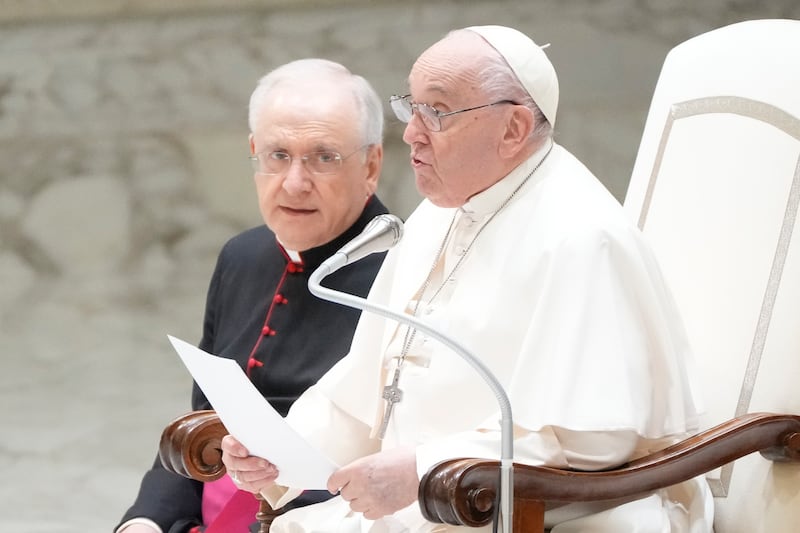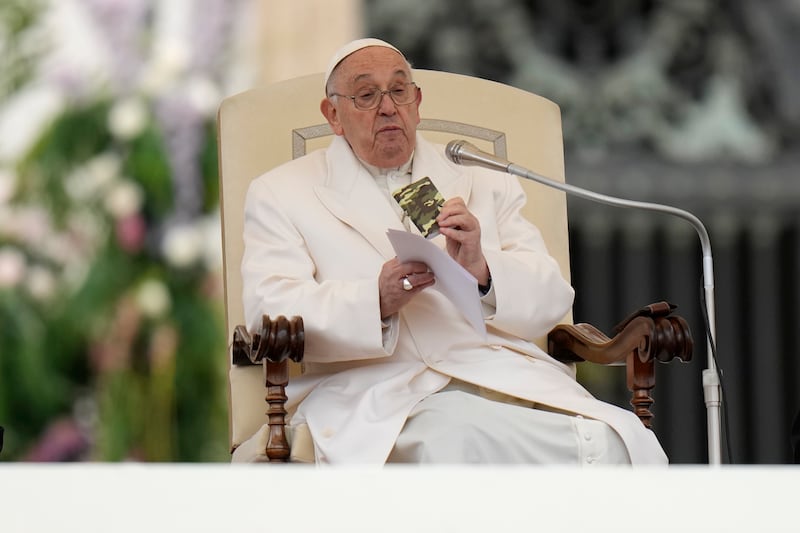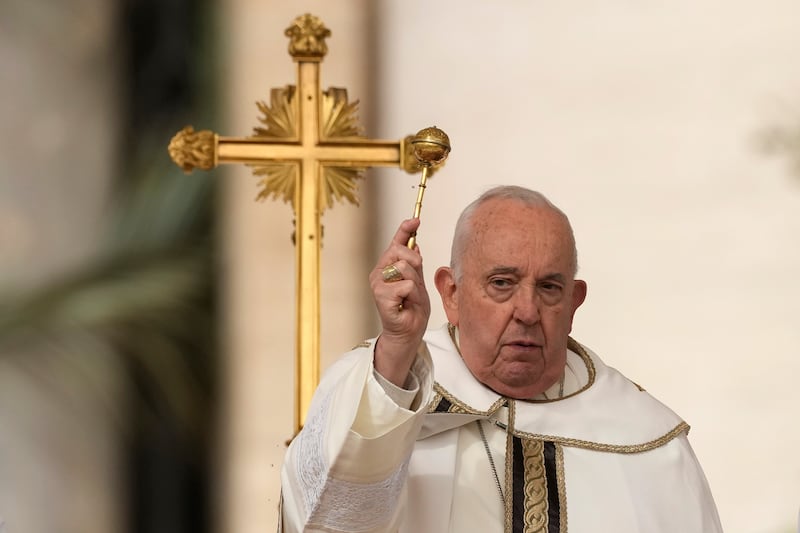THE year 2020 was marked by the massive Covid-19 health crisis, which became a global phenomenon cutting across boundaries, aggravating deeply interrelated crises like those of the climate, food, the economy and migration, and causing great suffering and hardship.
I think especially of all those who lost family members or loved ones, and all who lost their jobs.
I think too of physicians and nurses, pharmacists, researchers, volunteers, chaplains and the personnel of hospitals and healthcare centres.
They have made, and are continuing to make, great sacrifices to be present to the sick, to alleviate their sufferings and to save their lives; indeed, many of them have died in the process.
In paying tribute to them, I renew my appeal to political leaders and the private sector to spare no effort to ensure access to Covid-19 vaccines and to the essential technologies needed to care for the sick, the poor and those who are most vulnerable.
Sad to say, alongside all these testimonies of love and solidarity, we have also seen a surge in various forms of nationalism, racism and xenophobia, and wars and conflicts that bring only death and destruction in their wake.
These and other events that marked humanity's path this past year have taught us how important it is to care for one another and for creation in our efforts to build a more fraternal society.
That is why I have chosen as the title of this year's message, A Culture of Care as a Path to Peace.
A culture of care as a way to combat the culture of indifference, waste and confrontation so prevalent in our time...
These and other events that marked humanity's path this past year have taught us how important it is to care for one another and for creation in our efforts to build a more fraternal society
...Each human person is an end in himself or herself, and never simply a means to be valued only for his or her usefulness.
Persons are created to live together in families, communities and societies, where all are equal in dignity.
Human rights derive from this dignity, as do human duties, like the responsibility to welcome and assist the poor, the sick, the excluded, every one of our "neighbours, near or far in space and time".
Our plans and projects should always take into account their effects on the entire human family, and consider their consequences for the present and for coming generations.
The Covid-19 pandemic has shown us the truth and timeliness of this fact. In the face of the pandemic, "we have realised that we are in the same boat, all of us fragile and disoriented, but at the same time important and needed, all of us called to row together", since "no-one reaches salvation by themselves" and no state can ensure the common good of its population if it remains isolated.
The culture of care thus calls for a common, supportive and inclusive commitment to protecting and promoting the dignity and good of all, a willingness to show care and compassion, to work for reconciliation and healing, and to advance mutual respect and acceptance.
From
[ A Culture of Care as a Path to PeaceOpens in new window ]
, Pope Francis's message for the 54th World Day of Peace, which is marked tomorrow, January 1 2021.
